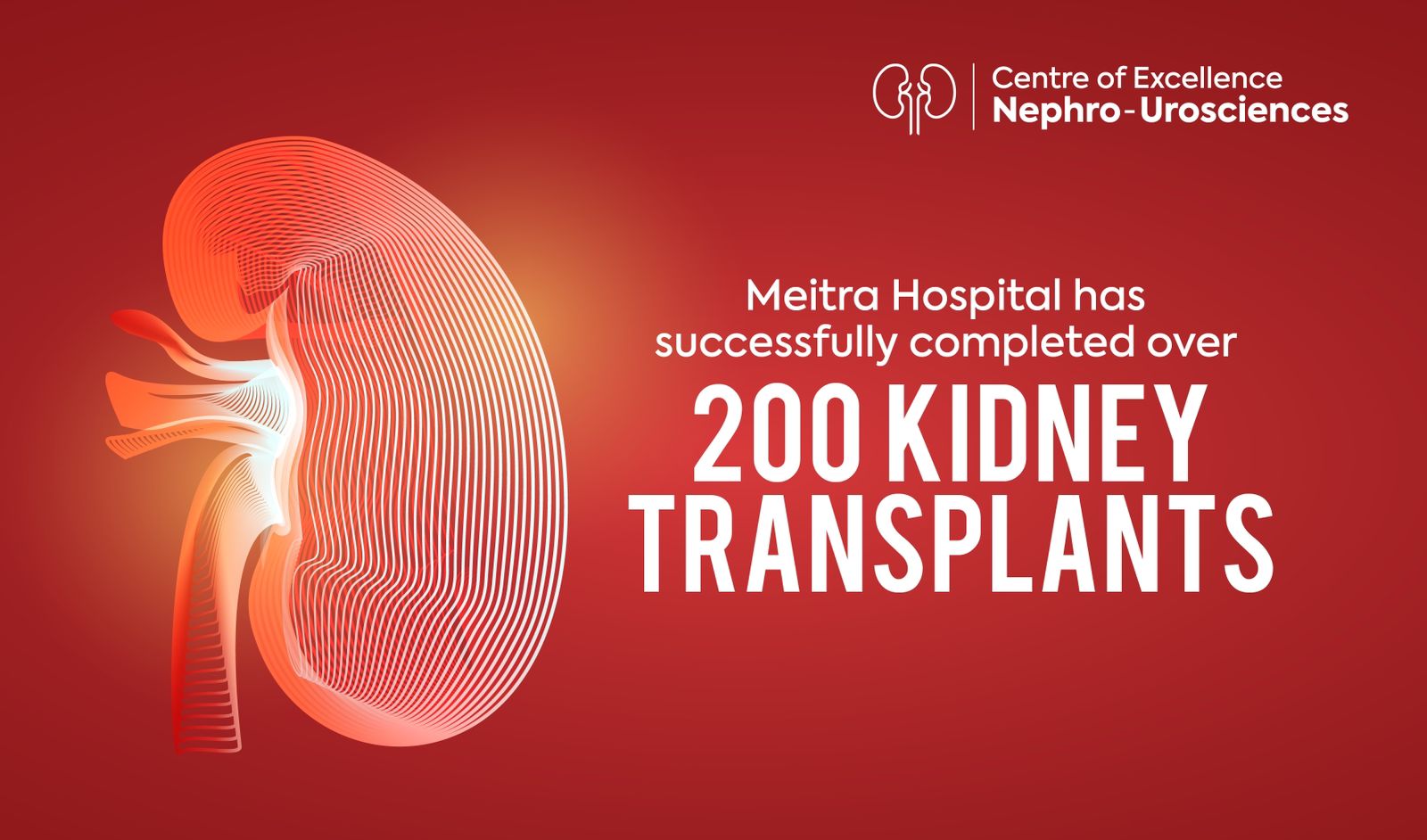- Our Doctors
- Our Specialities
Centres of Excellence
-
 Centre for Blood Diseases, BMT & Cancer Immunotherapy
Centre for Blood Diseases, BMT & Cancer Immunotherapy -
 Centre for Bone, Joint & Spine
Centre for Bone, Joint & Spine -
 Centre for Critical Care Medicine and ECMO Services
Centre for Critical Care Medicine and ECMO Services -
 Centre for Gastrosciences
Centre for Gastrosciences -
 Centre for Heart & Vascular Care
Centre for Heart & Vascular Care -
 Centre for Nephro-Urosciences
Centre for Nephro-Urosciences -
 Centre for Neurosciences
Centre for Neurosciences -
 Centre for Obstetrics and Gynaecology
Centre for Obstetrics and Gynaecology -
 Centre for Organ Transplantation
Centre for Organ Transplantation
Super Speciality
-
 Advanced Diagnostic and Interventional Radiology
Advanced Diagnostic and Interventional Radiology -
 Anesthesiology & Pain Management
Anesthesiology & Pain Management -
 Clinical Nutrition and Dietetics
Clinical Nutrition and Dietetics -
 Dental and Maxillofacial Surgery
Dental and Maxillofacial Surgery -
 Dermatology
Dermatology -
 Emergency and Trauma
Emergency and Trauma -
 Endocrinology and Metabolic Disease
Endocrinology and Metabolic Disease -
 ENT and Head & Neck Surgery
ENT and Head & Neck Surgery -
 Family Medicine
Family Medicine -
 General and Laparoscopic Surgery
General and Laparoscopic Surgery -
 General Medicine
General Medicine -
 GI Onco Surgery
GI Onco Surgery -
 GI Oncology
GI Oncology -
 GI Surgery, Advanced Laparoscopy and Gastro Oncosurgery
GI Surgery, Advanced Laparoscopy and Gastro Oncosurgery
-
- Key Procedures
- Our Hospitals
- International Patient
- Contact us
-
Quick Links


Kidney Transplant
A kidney transplant, or a renal transplant, is a treatment for kidney failure at end-stage renal disease (ESRD). Kidney transplant surgery is a major surgery during which a person with kidney failure receives a new kidney, either from a living donor or a deceased donor.
How and why is it done?
Living donors can be family members, parents, children (18 years or older), or a spouse or close friend who may wish to donate a kidney. The donor must be in excellent health, well informed about transplantation, and able to give informed consent. Any healthy person can donate a kidney safely. A deceased donor kidney comes from a person who has suffered brain death. After permission for donation is granted, the kidneys are removed and stored until a recipient has been selected.
Regardless of the type of kidney transplant-living donor or deceased donor-special blood tests are needed to find out what type of blood and tissue is present. These test results help to match a donor's kidney to the recipient. The average lifespan of a transplanted kidney is 12-15 years, though some transplants last longer.
Celebrating 200 Second Chances at Life | Patient Testimonials | Kidney Transplant
Meet Our Doctors
Experienced Medical professionals for a superior patient experience.
Dr. Kiran S
Incharge & Senior Con...
Centre for nephro-urosciences,...
View Profile Book an AppointmentDr. Sarfaraz Aslam
Senior Consultant
Centre for nephro-urosciences,...
View Profile Book an AppointmentDr. Vinugopal
Incharge & Senior Con...
Centre for nephro-urosciences,...
View Profile Book an AppointmentFrequently Asked Questions
What complications can occur after a kidney transplant?
Minor infections, such as urinary tract infections (UTIs), colds, and flu, are common after kidney transplants. Potentially more serious infections, such as pneumonia and cytomegalovirus (CMV), can occur and may require hospital treatment.
What is the normal creatinine level after transplant?
There is not a 'normal' range for creatinine in transplant patients but the average creatinine level in transplant patients is 150 µmol/L.
What is the quality of life after a kidney transplant?
Your health and energy should improve. In fact, a successful kidney transplant may allow you to live the kind of life you were living before you got kidney disease. Studies show that people with kidney transplants live longer than those who remain on dialysis.

 +91 9393 108 108
+91 9393 108 108






















































